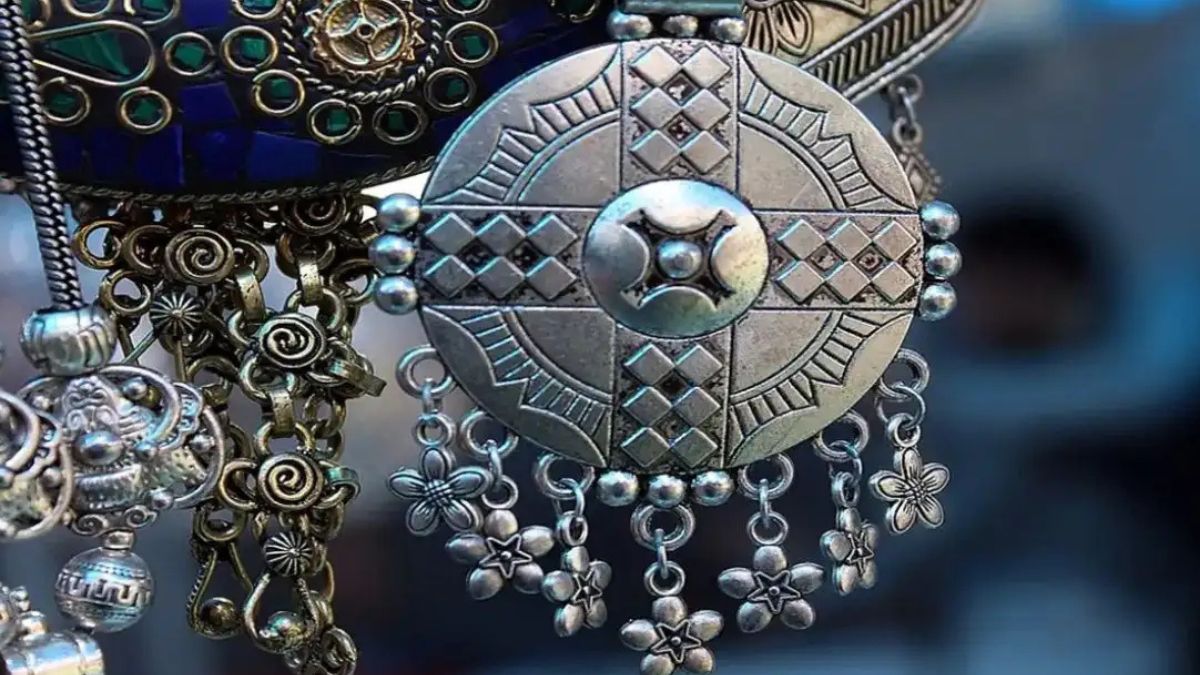12 human rights organizations called on the Egyptian authorities to “immediately” release the political activist, Badr Mohamed, who was “unjustly” convicted in January 2023.
The organizations – including the International Federation for Human Rights – said that the activist was arrested in connection with demonstrations and was sentenced to 5 years in prison “after a grossly unfair trial.”
Badr Muhammad was arrested on August 16, 2013, when he was only 17 years old, during demonstrations organized in Ramses Square in Cairo. During which the security forces used illegal lethal force to disperse the demonstrators, which resulted in the death of at least 96 people, according to the organizations.
Although he was released on bail after 3 months, he was convicted and sentenced in absentia to 5 years in prison in August 2017, on charges of participating in an illegal gathering and participating in acts of violence, against the backdrop of the Ramses Square demonstrations. He was arrested again in May 2020 and retried on both charges.
The organizations added, in a joint statement yesterday, Monday, that “On January 12, 2023, Badr Muhammad was convicted and sentenced to 5 years in prison, following a grossly unfair retrial before one of the terrorism chambers of the Cairo Criminal Court.”
She said that Badr Muhammad was deprived of the right to an adequate defence, and his lawyer was not allowed to question prosecution witnesses or call defense witnesses.
She continued that during the trial sessions, Badr was kept inside a glass cage, “where he was unable to see, hear, or speak fully during the trial deliberations. He was also prevented from communicating with his lawyer in private throughout the stages of pretrial detention and trial.”
The organizations said that Badr Muhammad is one of thousands of people arbitrarily detained in Egypt, either simply for exercising their human rights, or as a result of trial procedures that violate fair trial rights, or are not based on any legal basis.
These protesters include human rights defenders, political activists, members of opposition parties, trade unionists, workers, peaceful demonstrators, journalists, lawyers, social media influencers, members of religious minorities, and medical professionals, according to the organizations.




